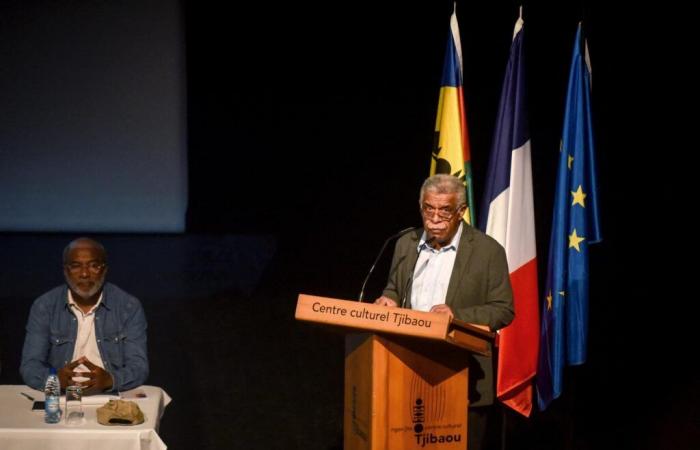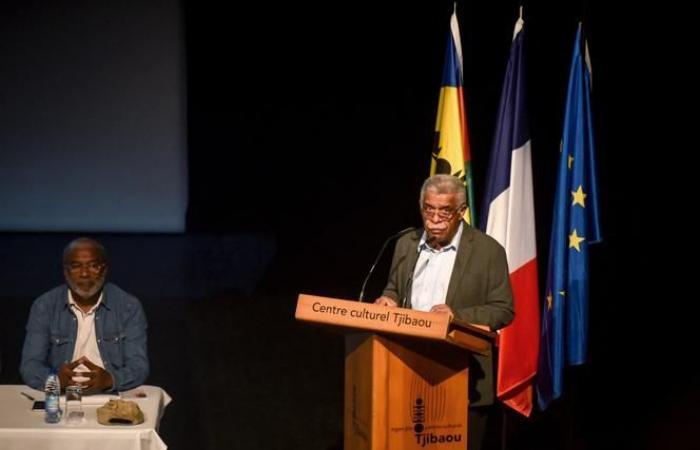The day after the appointment of Manuel Valls to the overseas ministry, New Caledonia entered a new institutional crisis. The Caledonia ensemble movement resigned on Tuesday, December 24, from the Caledonian collegial government, automatically leading to the fall of the local executive, we learned in a party letter consulted by Agence France-Presse.
Also read the decryption | New Caledonia: questions to understand the crisis
Read later
In this letter, Calédonie ensemble (center right) explains that “since the events of May 13 [le] country has fallen into deep economic and social distress. In such circumstances, solidarity between institutions (…) constitutes an ardent obligation”. “I can only see that this was not the case and I regret it”states in this letter Jérémie Katidjo-Monnier, resigned member of the Caledonian government.
These dissensions are emerging after six months of deep political and social crisis, but also insurrectional tensions which left fourteen dead and were provoked by a project to reform the electoral body in this French archipelago in the South Pacific. The State then decided to postpone the provincial elections scheduled for this year until November 2025, thus postponing the processing of the ultra-sensitive file of the electorate.
Collective resignation
For several weeks, several political groups have expressed their disagreement with the safeguard plan for refoundation and reconstruction carried by the collegial government and especially its financing conditions. In his letter, Mr. Katidjo-Monnier thus considers that “the government which proceeds from Congress, which is the executive of the country, has transformed, over time, into an independent body, and particularly from the political groups of the Congress from which it comes, whether they are independentists or non-independenceists”.
Read also | Article reserved for our subscribers In New Caledonia, difficulties in terms of purchasing power are increasing
Read later
This letter is also signed by the other seven “list candidates” likely to succeed him. In fact, the New Caledonian government is designated by the members of Congress, during a list vote. In the event of individual resignation of a member of the government, the next one on the list takes his place. Only collective resignation brings about the fall of the government. While awaiting the appointment of a new executive, the current president, the independentist Louis Mapou, will be responsible for managing current affairs.







